Dear Friends and Neighbors,
During Black History Month, I want to take a moment to recognize one facet of 37th District history. Our district has long been the center of Black culture and community in Seattle and greater Washington state. Part of this legacy is playing a central role in electing Black legislators.
While the very first Legislature included a Black man, Owen William Bush, progress since then has come in fits and starts. We can thank him for passing the first civil rights legislation in Washington banning discrimination in public accommodations and a bill that would lead to the establishment of Washington State University. Unfortunately, there have only been twenty-eight Black legislators in the following 134 years. Counting me, twelve of them have represented the 37th District.
We stand on the shoulders of those who have come before us. The following people are the ones who paved the path for me and those who follow. For that, I am thankful.
The Legacy of the 37th District
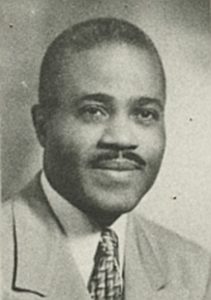
The first Black man to represent the 37th District was also the third Black man to serve in Washington’s history. He also happened to be a Republican. Rep. Charles Stokes was a lawyer who moved to Seattle in 1943 from Kansas. He was first elected to the Legislature in 1950 where he was re-elected in 1952 and 1956. During his time in Olympia, he passed the Civil Rights Ominbus Bill, putting Washington at the forefront of civil rights legislation. He would lose his election in 1957 to Sam Smith, the 37th District’s second Black legislator.
Samuel Smith originally came to Seattle as an Army Warrant Officer during World War 2. After completing his service, he returned to Seattle where he embarked on a career at Boeing. After passing the Fair Housing Law of 1967, Washington’s first open housing legislation, he left the Legislature to run for Seattle City Council. He would go on to become Seattle’s first Black city councilmember, serving for twenty four more years, eight of those as President. During his first year on the council, he passed an ordinance to prohibit discrimination in housing.
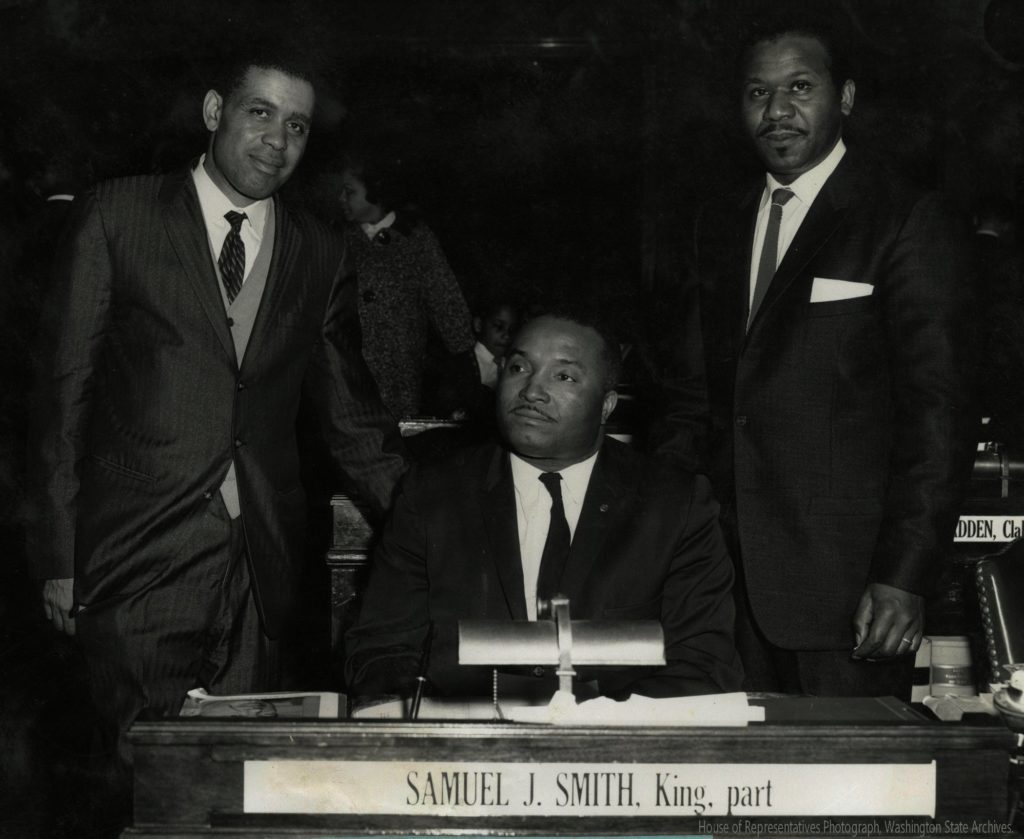
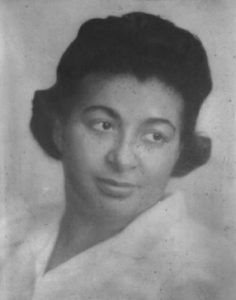
Representative Marjorie Pitter-King became the first Black woman to serve in the Washington Legislature when she was appointed to serve the remainder of a term in 1965. While she would lose in the primary the next year, Pitter-King remained active in politics serving as Chair of the 37th District Democratic Party, Vice President of the King County Democratic Party as well as the Treasurer of the Washington State Federation of Democratic Women. Described by contemporaries as a “mover and shaker” and a “bulldog,” she was a champion for civil rights.
Senator George Fleming came to Washington to play running back and kicker for the Huskies. A Rose Bowl Champion in 1961, Fleming would be drafted by the Oakland Raiders and go on to play for 4 years in the Canadian Football League. Two years after his retirement from the gridiron he was elected to the Washington House of Representatives and in 1970 to the State Senate.
Fleming would have a twenty-year career in the State Senate, serving as the Caucus Chairman from 1980 to 1988. During his time in Olympia, he was a champion for education, small business, economic development, and civil rights. Notably, he sponsored legislation that created the Office of Minority & Women’s Business Enterprises, which still promotes equity in government contracting as well as legislation restricting the use of deadly force by law enforcement officers.
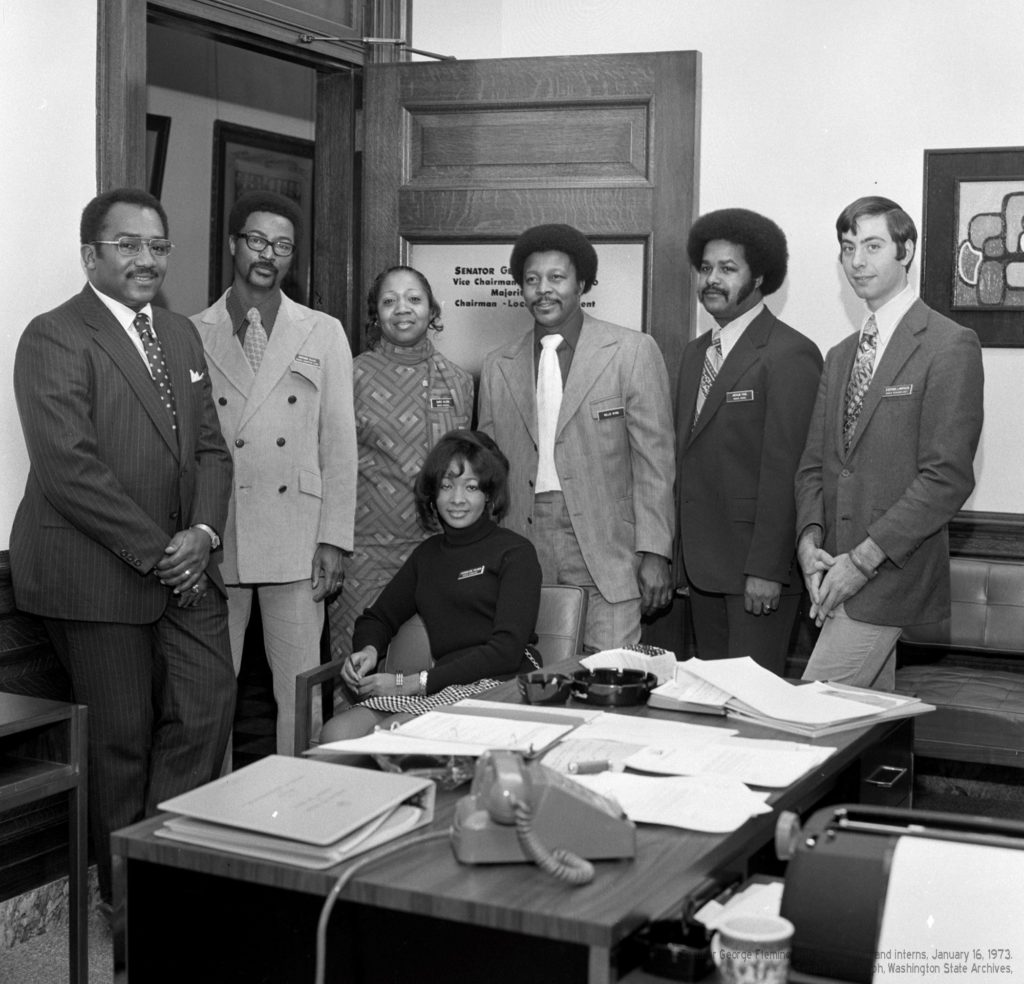
Representative Peggy Maxie, the first Black woman elected to the Washington State House of Representatives, left a lasting impact on our state. Representing the 37th District from 1971 to 1983, she was the prime sponsor of the Landlord-Tenant Act, which remains the single most important piece of housing legislation ever passed in Washington. She fought to ensure that the Central District had fair and accurate representation in the Legislature and her workshops on participatory democracy were recognized by the University of Washington for their impact.
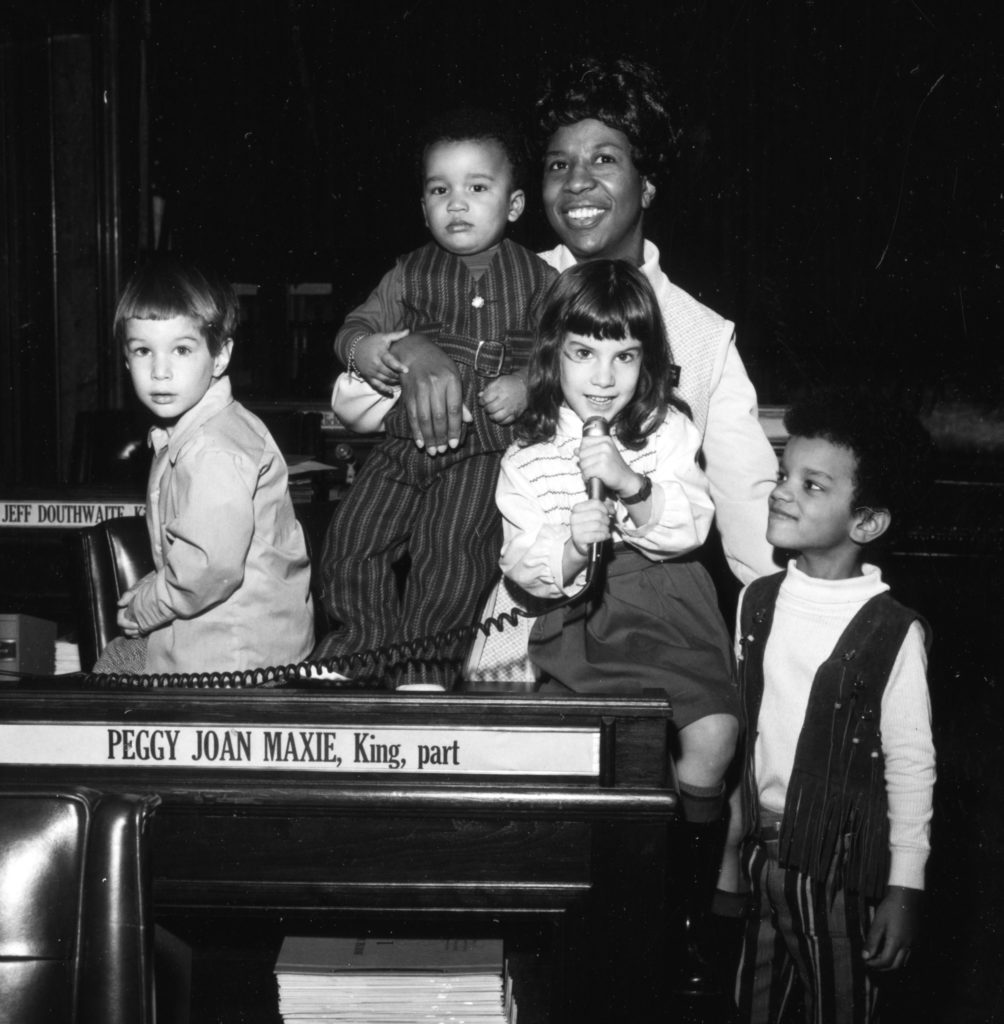
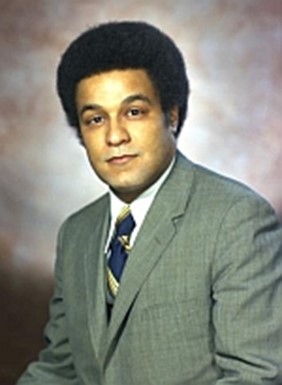
Michael K. Ross was elected in the same election as Peggy Maxie, but as a Republican. A civil rights leader, Ross took part in a number of protests and demonstrations including getting arrested with a group of Black contractors protesting the lack of diversity in the construction of the Seattle Central College and sitting in with Bernie Whitebear during his occupation of Fort Lawton (Discovery Park). After several interracial disturbances at Rainier Beach High School, he drove armed members of the Black Panther Party to the school to protect Black students. Many at the time questioned why he would run as a Republican considering his radical politics; however, Ross noted that it was the Republican Party that passed the 13th and 14th amendments. During his time in the Legislature, he would prove prescient, proposing legislation to legalize marijuana.
Rep. Jesse Wineberry was the first Black man to be selected as House majority whip in Washington State. He was elected to the House of Representatives in 1985 serving the 43rd District until 1992. Then, in 1993, Wineberry unseated the nation’s longest serving state legislator, John L. O’Brien in the 1992 Democratic primary to win a seat in the 37th District. During his time in the Legislature he passed legislation to make Martin Luther King Jr. Day a holiday in Washington and legislation to reduce the racial disproportionality of the juvenile justice system and establish programs to reduce youth violence.
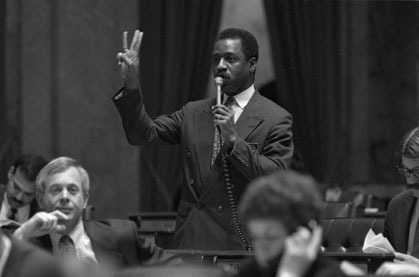
Rep. Jesse Wineberry
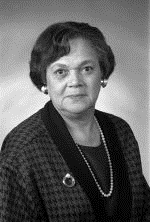
Rep. Vivian Carver, a civil rights activist from Seattle, served the 37th District in the House of Representatives in 1994 after Rep. Gary Locke was elected King County Executive. Caver served in the Legislature from January to November of 1994. Outside of the Legislature, Vivian Caver served as the chair of Women in Unity. In this role, Carver and a group of other Black women worked to evaluate candidates for public office. Previously she had also served as Director of the Seattle Human Rights Commission and Administrator of the Girl Scouts of Western Washington.
Rep. Dawn Mason served the 37th District for two terms from 1995-1998. During her time in Olympia she was the Assistant Minority Whip. She was named Legislator of the Year in 1996 by the Washington Student Lobby and would pass legislation to standardize juvenile prosecutions. As the only Black member of the House of Representatives in 1995, she was instrumental in defeating an anti-affirmative action bill.
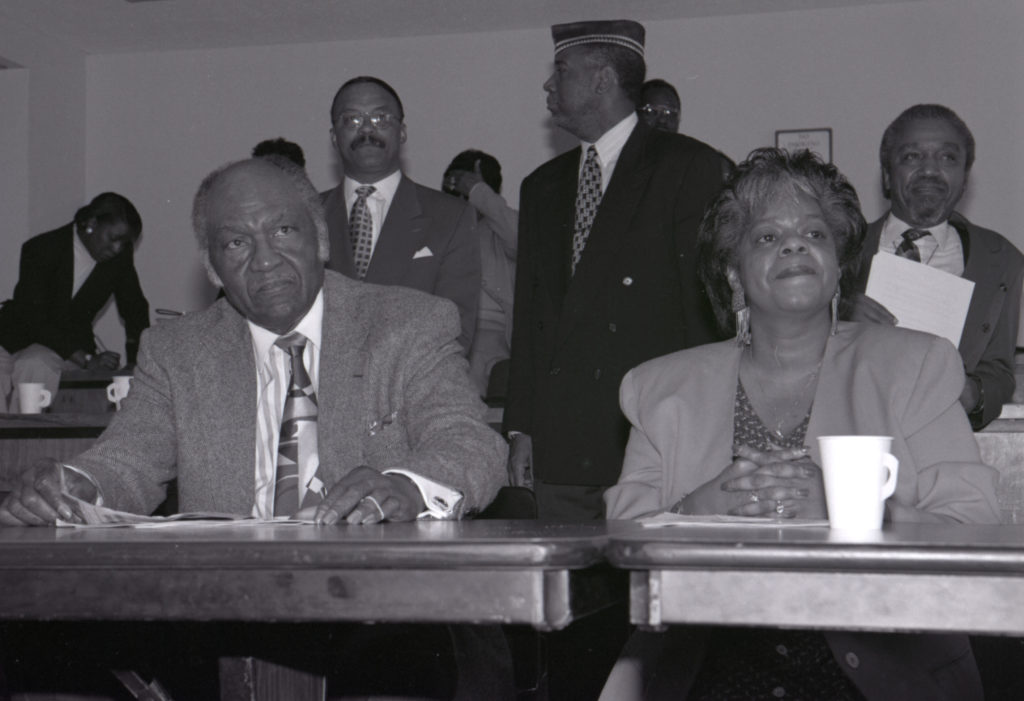
Prior to serving in the Washington State Legislature, Rep. Eric Pettigrew played football for Oregon State University. After completing a Master of Social Work degree at the University of Washington, Pettigrew made his way into politics. Elected to the House of Representatives in 2002, Pettigrew would be reelected until he retired in 2020. While in the legislature, Representative Pettigrew focused on issues such as affordable housing, retirement programs, and racial disparity in child welfare. He would serve as Democratic Caucus Chair from 2011 to 2020.
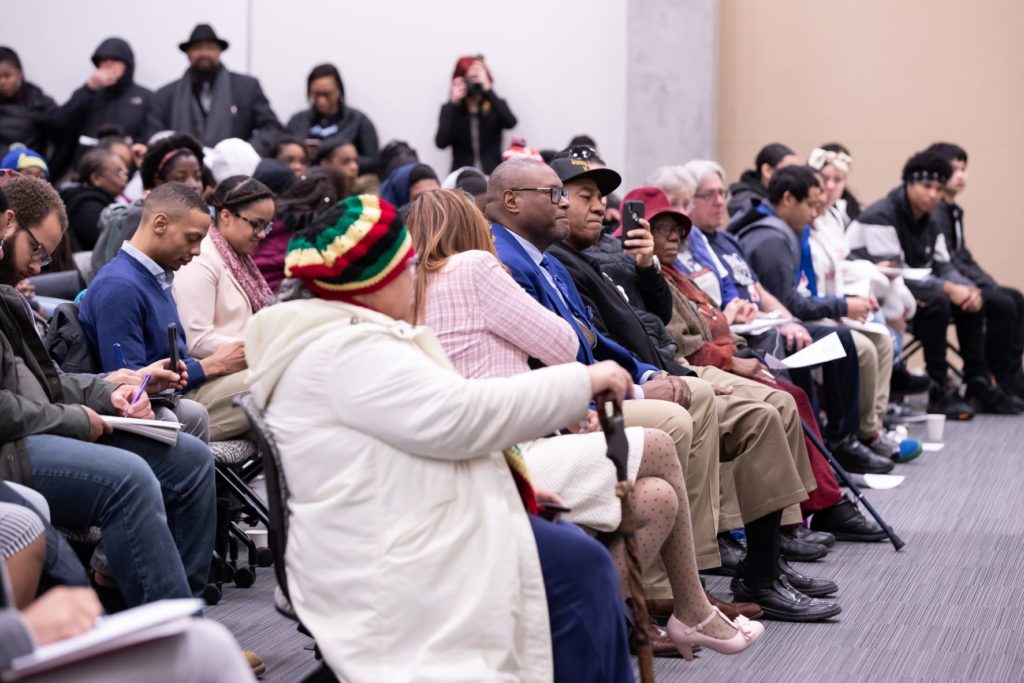
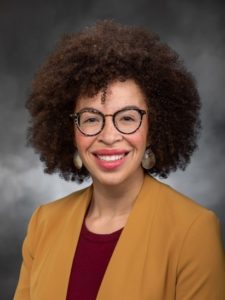
Rep. Kirsten Harris Talley was elected in 2020 following the retirement of Rep. Eric Pettigrew. A previous Interim Executive Director of NARAL Pro-Choice Washington, Harris-Talley came from the world of activism having worked on previous campaigns to prevent the building of a new North Seattle police precinct as well as a new King County juvenile jail. During her time in Olympia, she sponsored a bill to expand culturally competent doula services by making them credentialed health professionals. This opened the door for doulas to be reimbursed by Medicaid and greatly expanded the number of women who would be able to access their services.
Easing the path to pardoning marijuana convictions
Washington voted in 2012 to end the prohibition of cannabis and to create a legal market. While this was a major step toward ending the war on drugs, it did not make up for the past harms that cannabis prohibition had created. Tens of thousands of people, many of them young Black men, were convicted for crimes that are now legal and sanctioned by the state. They should not continue to suffer the collateral consequences that a conviction brings.
In many states that have legalized cannabis, the Governor has used their pardon power to mass pardon previous convictions for conduct that is now legal. Unfortunately, in Washington, the Governor is required to receive a petition to pardon someone. Many of the people who have these convictions have moved on with their lives and have not engaged in the complex pardon process. That is why I have introduced HB 1640. It clears the way to allow Governor Inslee to pardon people with cannabis convictions without them having to petition. This will allow Washington to remove these convictions for conduct that we now deem normal and acceptable. HB 1640 passed out of the House Community Safety, Justice, & Reentry Committee this Monday.
Video Update
Check out my latest video update. I discuss my bill to update Washington’s Climate Resiliency Plan as well as a bill to make it easier to dispose of batteries in a responsible and environmentally safe manner.
Thank you for reading my e-newsletter. Hearing from you helps me represent you better. I hope you will share your thoughts, ideas, and opinions with me.
Sincerely,

Chipalo Street
State Representative
37th District
